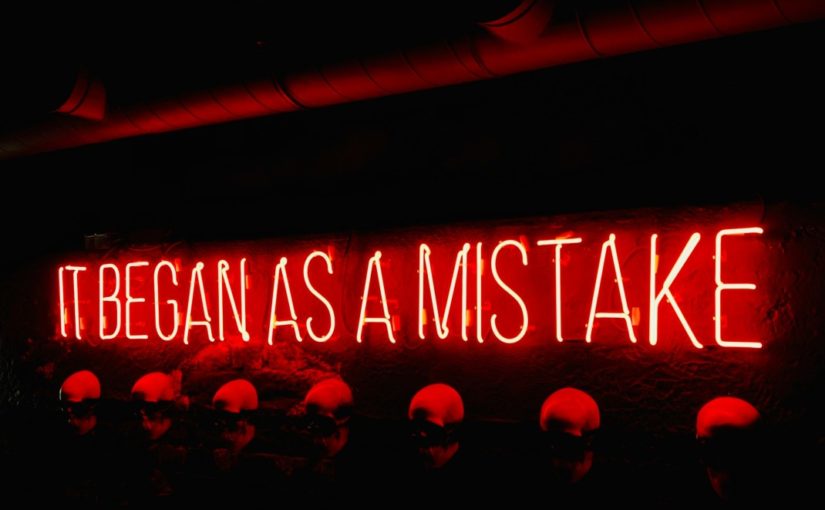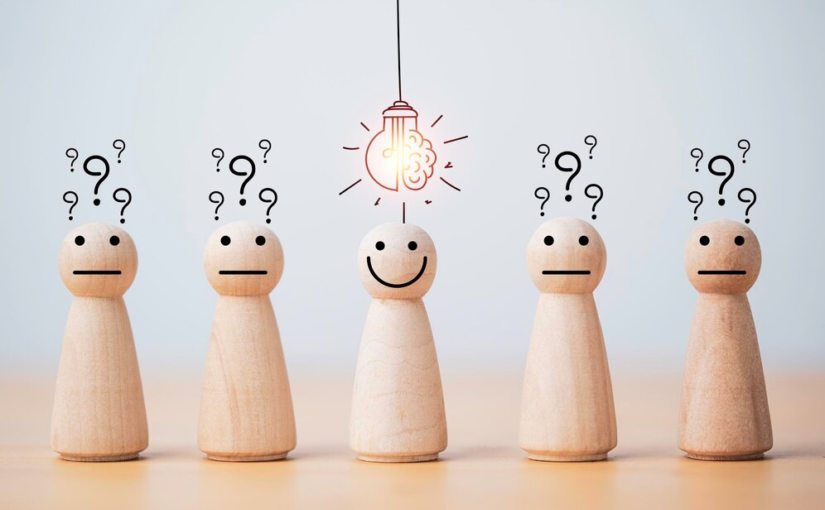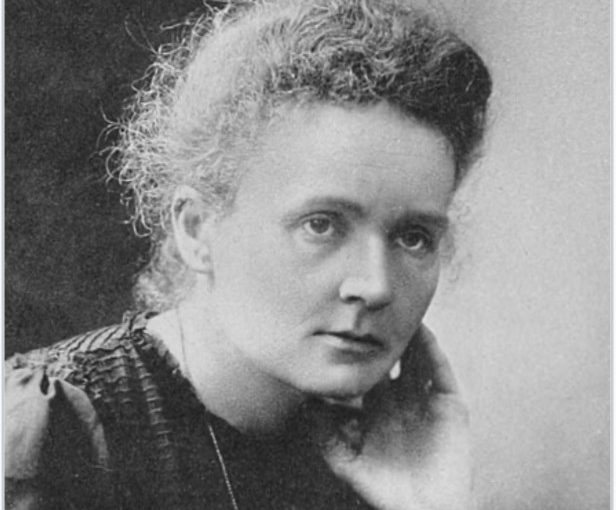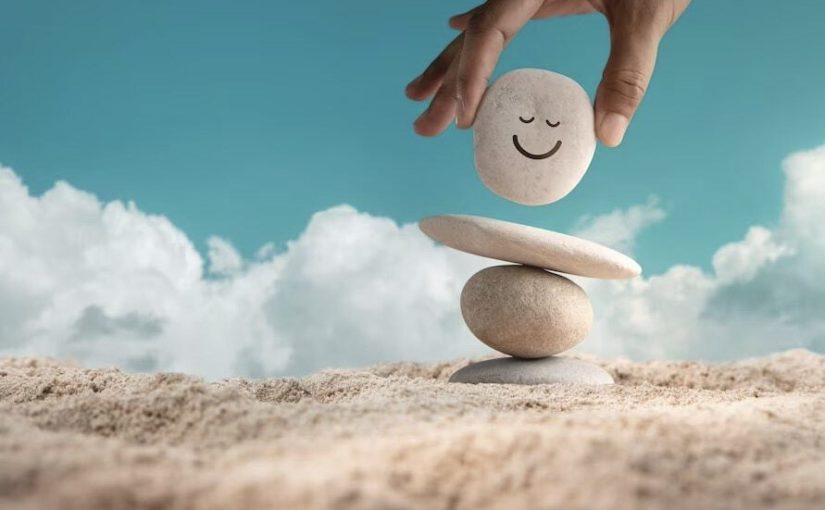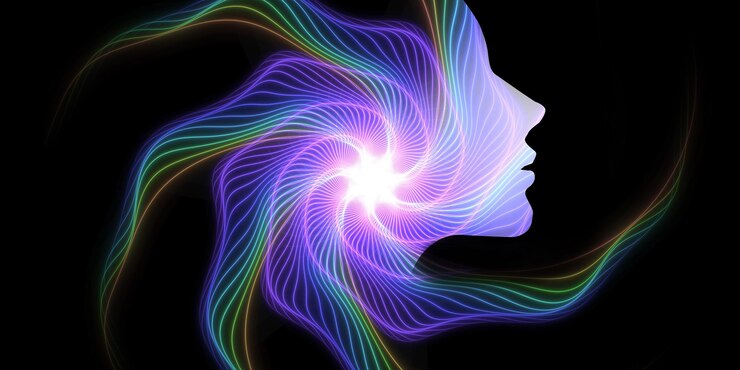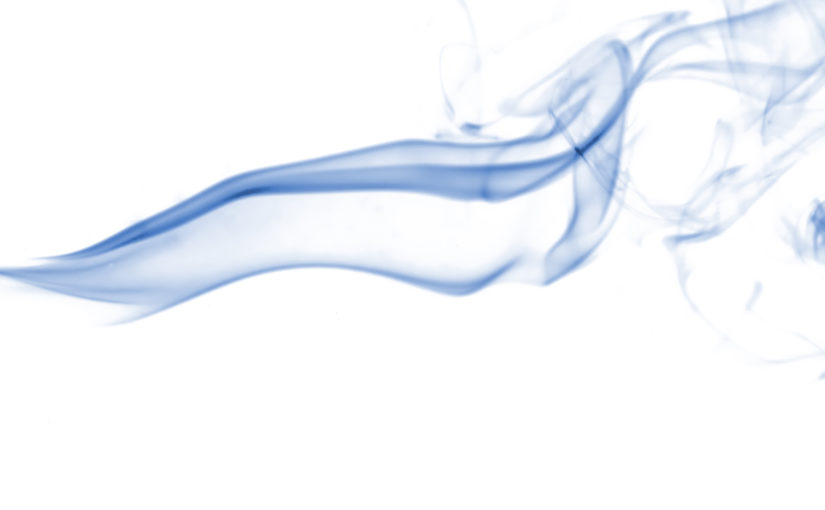The quote of the week comes from Buddha: ‘Holding on to anger is like picking up a red-hot coal to throw at someone.’
Our anger is an important driving force of change. It prepares the body to defend itself and fight back. Anger is intended to protect us from a perceived attack and activates the autonomic nervous system accordingly. As soon as the nervous system is activated, we can no longer think clearly, we can no longer fully develop our creativity and compassion, as the social engagement system can no longer work when the autonomic nervous system is activated. (Polyvagal Theory of Stephen W. Porges)
By holding on to anger, we harm ourselves more than the person who triggered the anger in us. Anger also makes us age faster and changes our facial features. We appear haggard, disappointed and embittered.
The person who provoked our anger has long since forgotten the incident. We harm ourselves, when we hold on to anger. Like the glowing coal we hold in the own hand. The person holding the coal burns themselves. If you throw it at the person who has annoyed you, the coal cools down on the throwing path and only reaches the recipient when it has cooled down, if at all it will reach the person.
Holding on to anger and waiting for the opportunity for revenge only harms the one who has anger and not the one who receives the revenge. The time of anger is disproportionate to the time of revenge.
The side effects of anger, such as premature ageing, loss of creativity and hardening, are much more serious than waiting for an opportunity to repay it, which may never come.
Anger has its justification. You decide whether you want to get involved or let the anger fade away.

